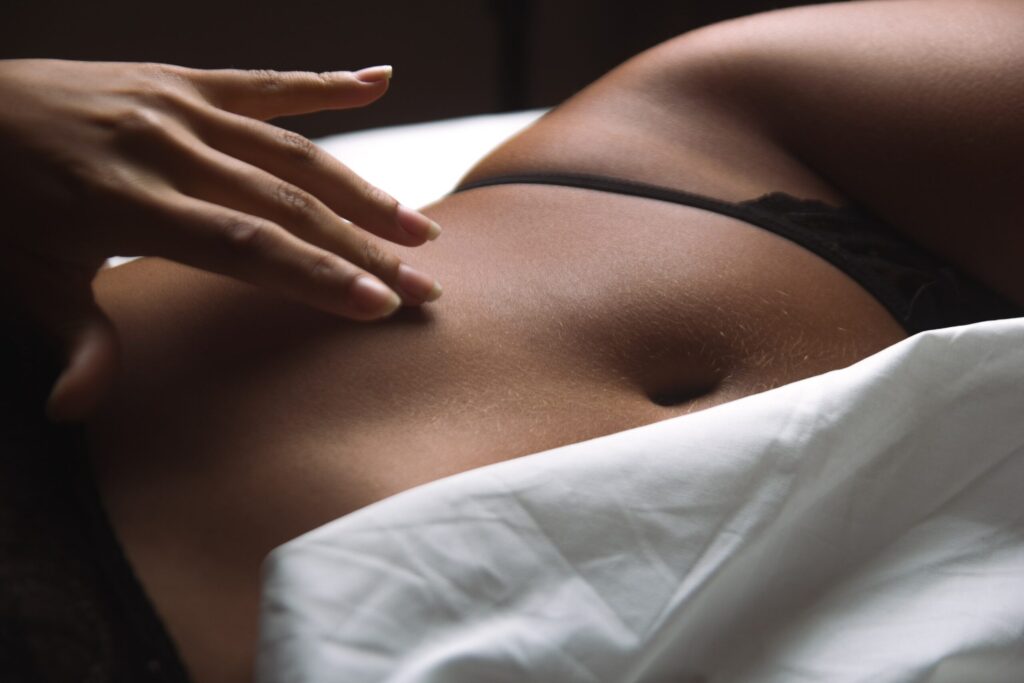- Feel Good
- 22nd Apr 2023
- 927 Views
- 0
- 1 minutes
What the funk is my vagina trying to tell me?

Discharge, a whiff or an unusual itch? Here’s what you need to know about Bacterial Vaginosis…

Discharge, a whiff or an unusual itch? Here’s what you need to know about Bacterial Vaginosis…
Subscribe now to receive our twice-weekly emails and exclusive offers for High Life North readers.
Comments